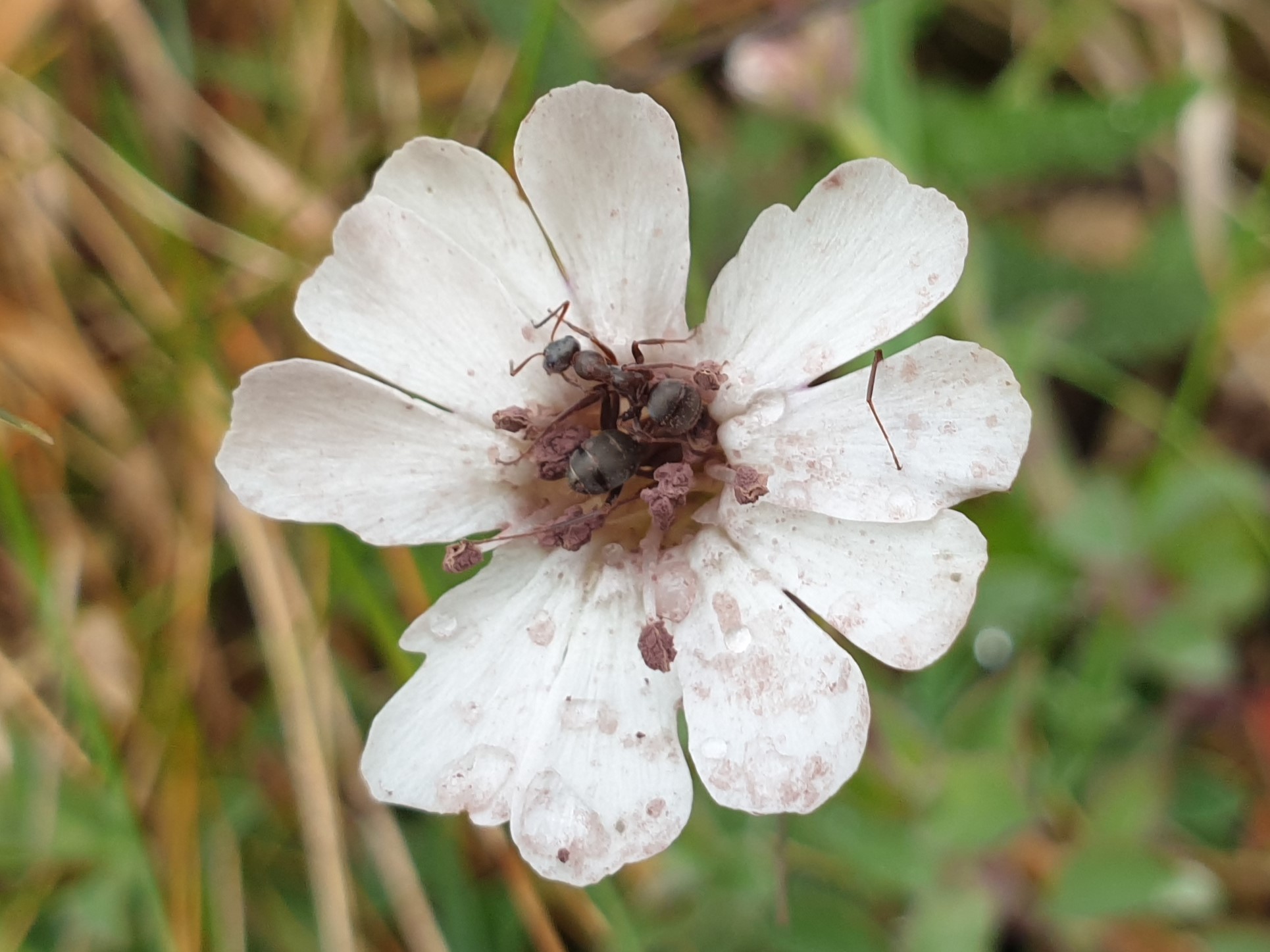
Ants visit a Sea Campion flower infected by a Microbotryum smut fungus. Disease is something few people love. There are exceptions though, particularly among those who appreciate the diversity and ecological role of plant disease.

Ants visit a Sea Campion flower infected by a Microbotryum smut fungus. Disease is something few people love. There are exceptions though, particularly among those who appreciate the diversity and ecological role of plant disease.
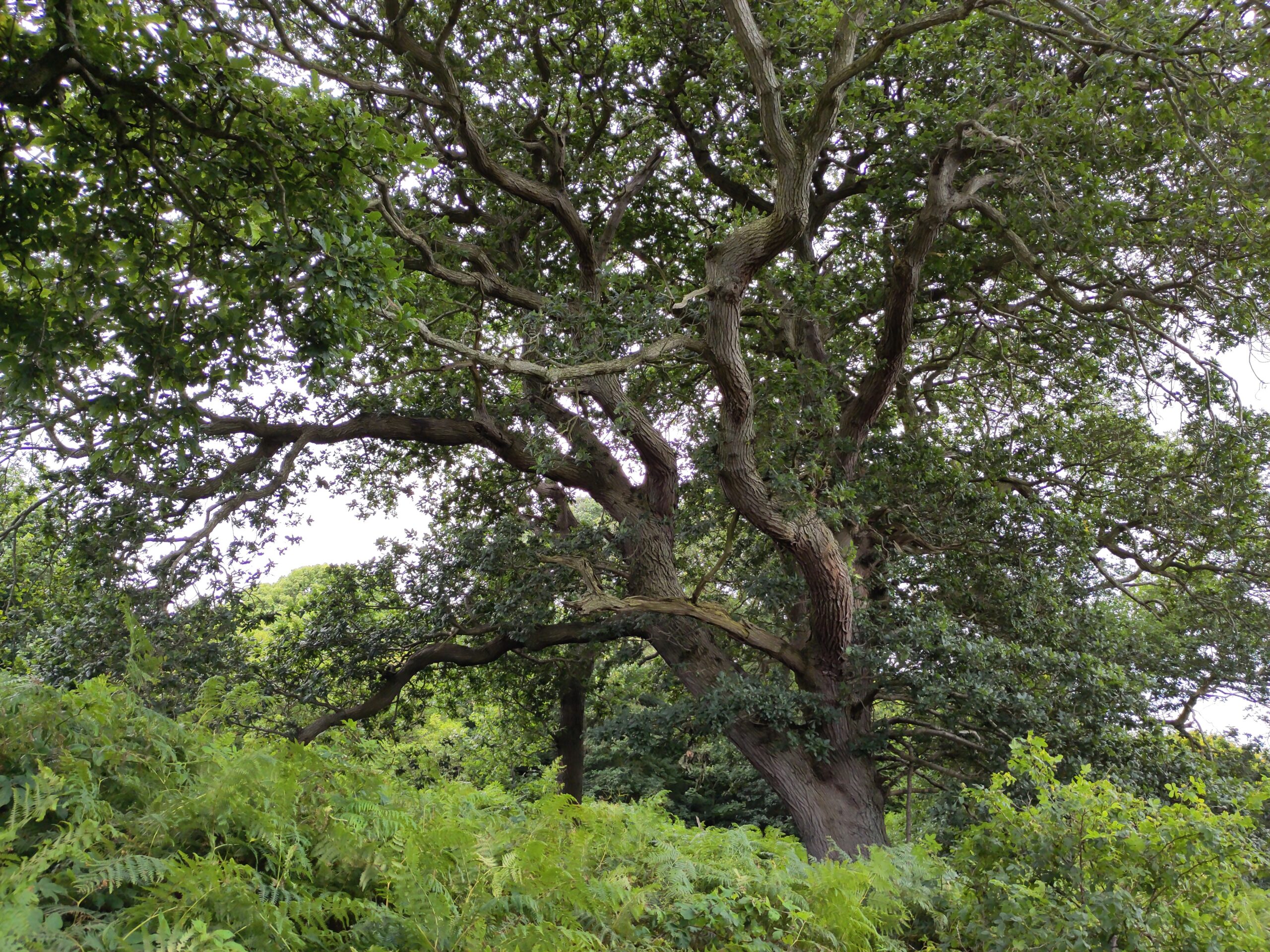
Since 2022 I have been recording the flora of some islands in Strangford Lough. I received a Plant Study Grant from the BSBI to work on this in the Summer of 2022 but as it turned out I had committed to a much bigger project than I first thought! I recently submitted my records and can now finally say I have finished my first large recording project.
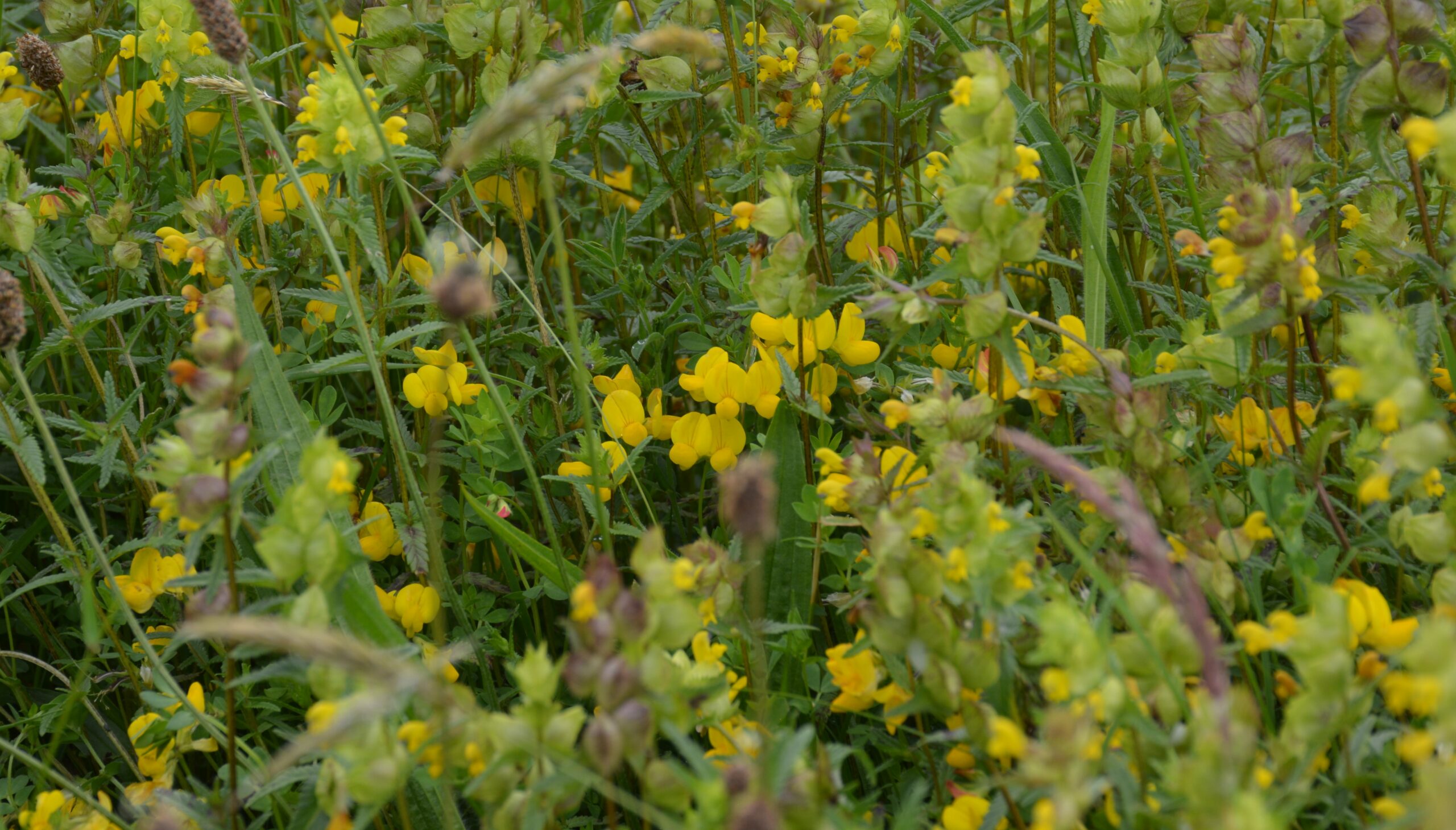
This is an adapted version of my poster, which is also available as a pdf or png. As with all my work on this site it is CC BY 4.0 (free for use/adaptation as long as I am credited). The Meadow Maker Yellow Rattle ( Rhinanthus minor ) has become well known in restoration ecology and wildlife gardening as a “meadow maker”, which can transform a species-poor patch of grasses into a biodiverse and flower-rich one.
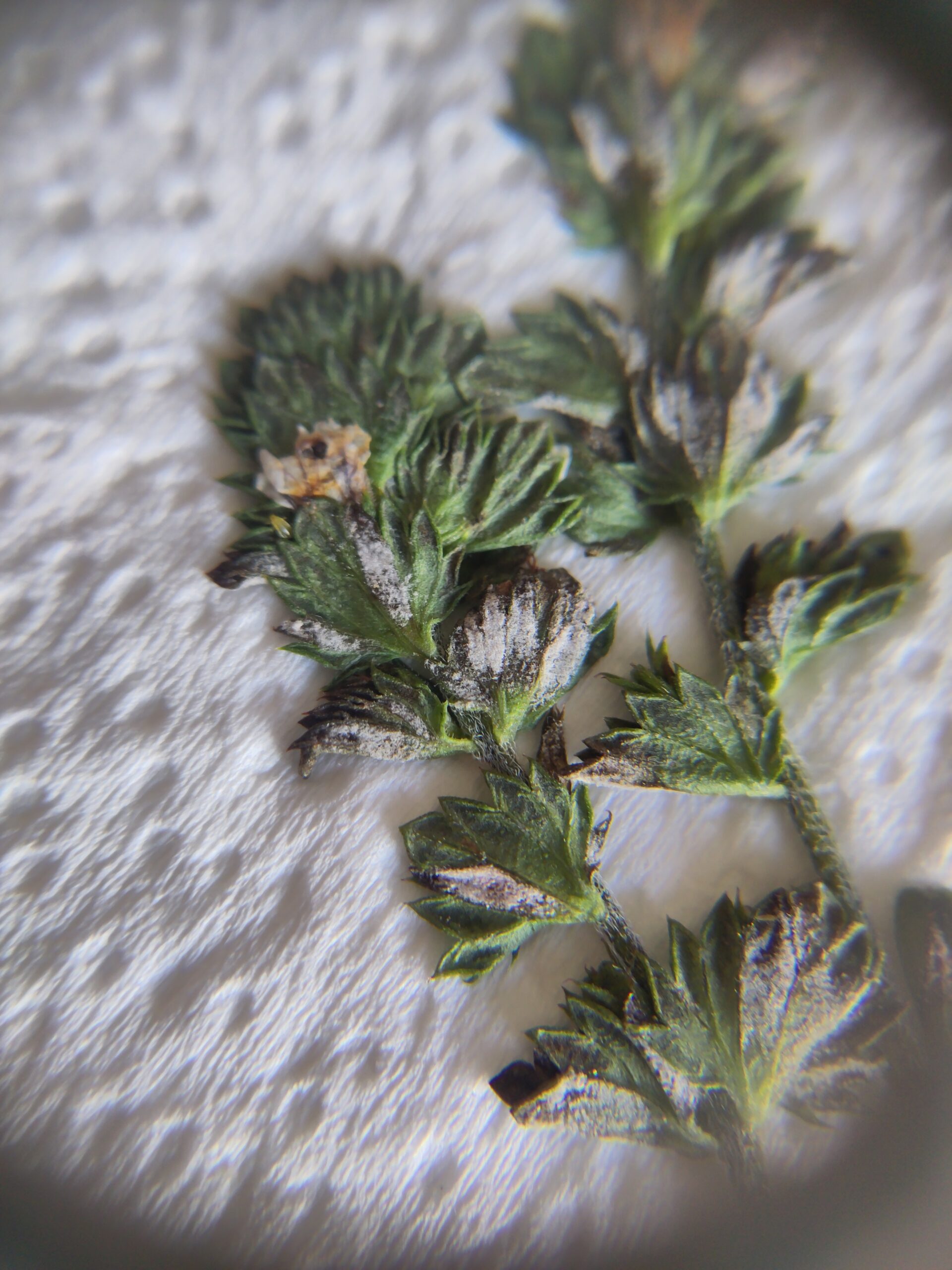
Slievenacloy Nature Reserve is an Ulster Wildlife reserve in Antrim. It is very well managed for upland grassland, with a wealth of Devil’s-Bit dominated grassland.
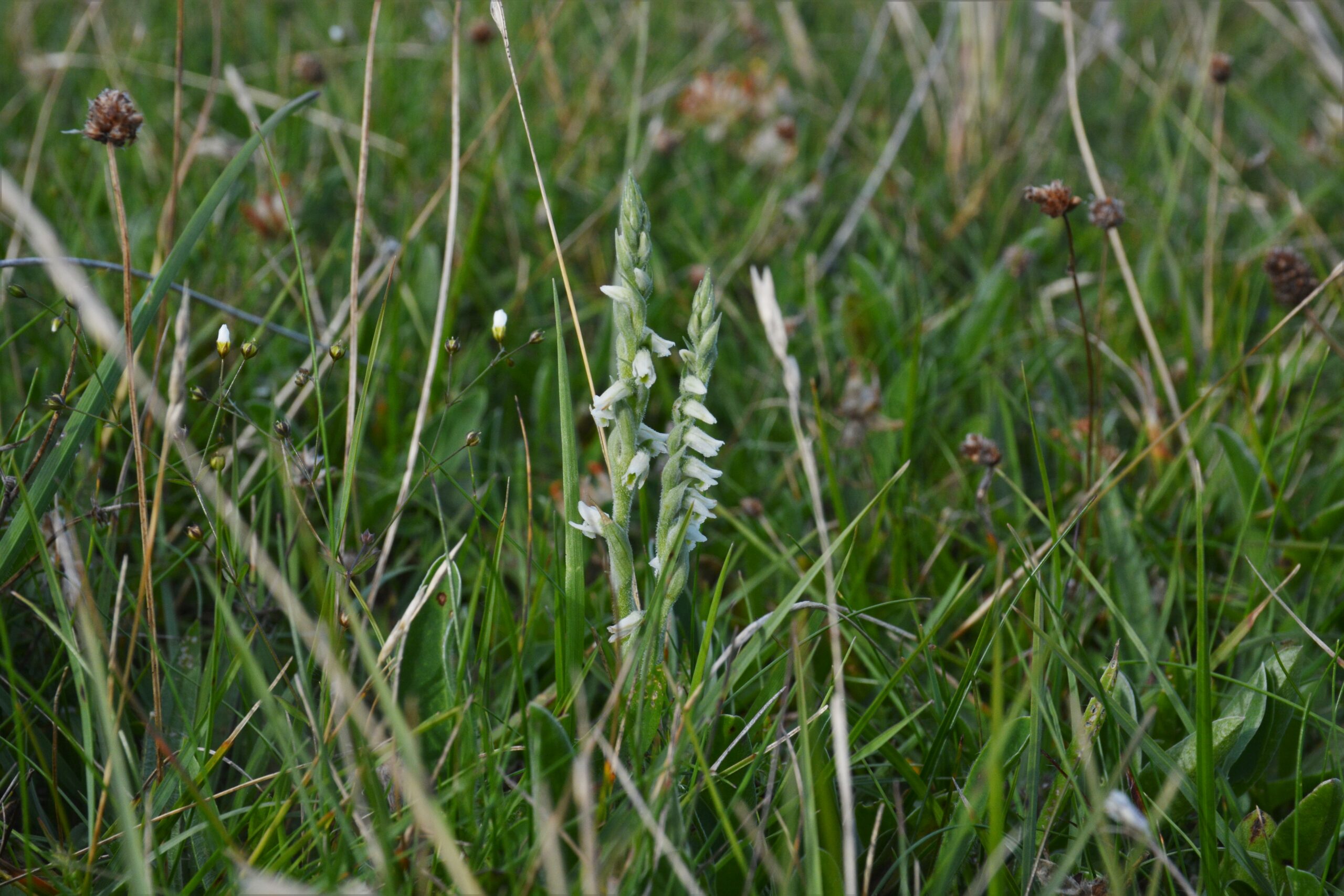
On the thirteenth of August, I was at Killard National Nature Reserve, Co. Down, with my mum. We were looking for Frog Orchids and other species rare in the county like Quaking Grass and Field Scabious. She found a plant she didn’t recognise and asked me what it was, and it was Autumn Lady’s Tresses. I knew I hadn’t seen it before and wasn’t sure it had been recorded anywhere near before.

The model in this post is based on the one in Cameron et al. (2009), improving how seed dispersal is modelled and the dynamics are visualised. I have become a bit obsessed with hemiparasitic plants recently. When I found Cameron et al.’s paper on how Yellow Rattle can create interesting spatial dynamics in grasslands¹, I got quite excited. I have been learning python this year so I thought I may as well try to replicate their model.
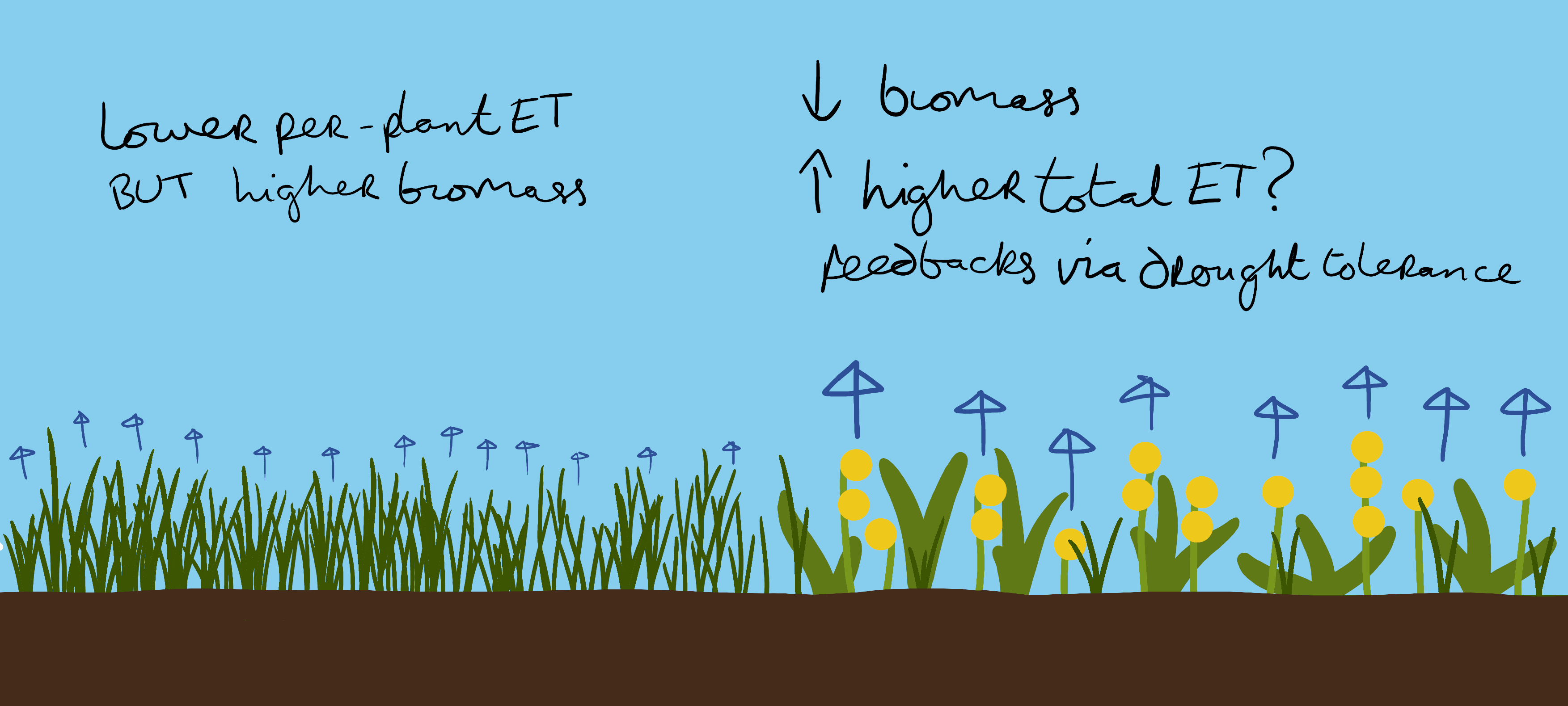
7/10/2023 UPDATE: I have discovered other authors came up with this idea before me, as noted by Press and Phoenix¹¹. At least two authors have mentioned it: in the context of mistletoes¹²; and a North American root hemiparasite, Triphysaria ¹³. However, as far as I can tell the hypothesis has never been tested.
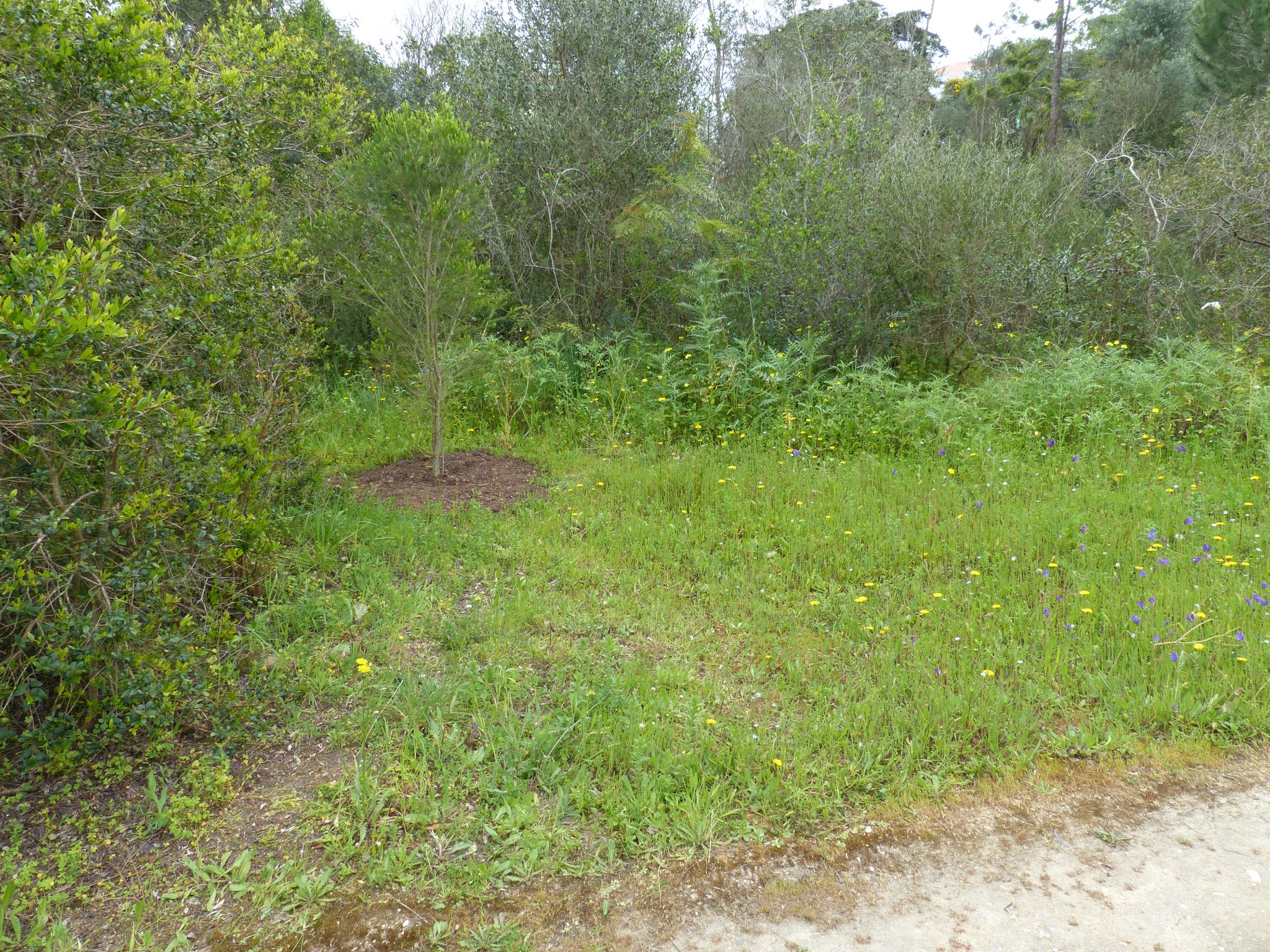
by Jake Dalzell, Hazel Garrett, Catriona Forrest, Wayne Liang, Rosalind Mackey, Denis Pavlov, and Josh Simpson This was a small project we threw together over three days on our Plant Sciences fieldtrip to Portugal. Everyone on the fieldtrip used six different techniques to explore plant physiology and ecology, and each group came up with a research question that could be answered using some of these techniques.
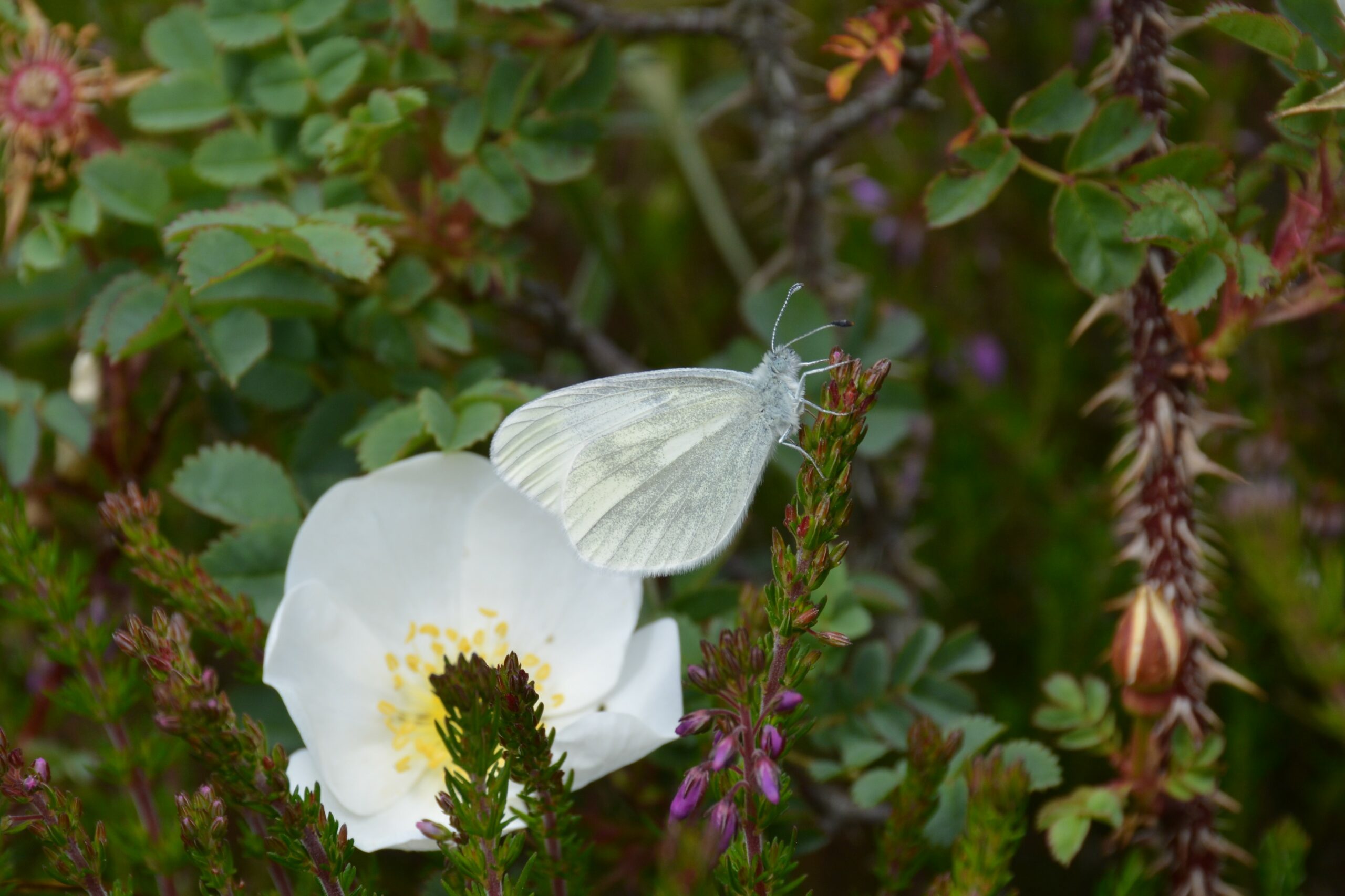
My favourite butterfly, which I first saw during lockdown. They are the most delicate of the white species (Pieridae) found in Ireland and flutter through grasslands in May and June. Taxonomy For a long time, scientists wondered why Wood Whites ( Leptidea sinapis ) were fairly widespread and common in Ireland, when they were so rare in England.

Hemiparasitic plants are those which steal water and nutrients from other plants, but still photosynthesise (so are green). They are an interesting part of the Irish flora, and some can play an important role in grasslands by weakening other plants – particularly Yellow Rattle.